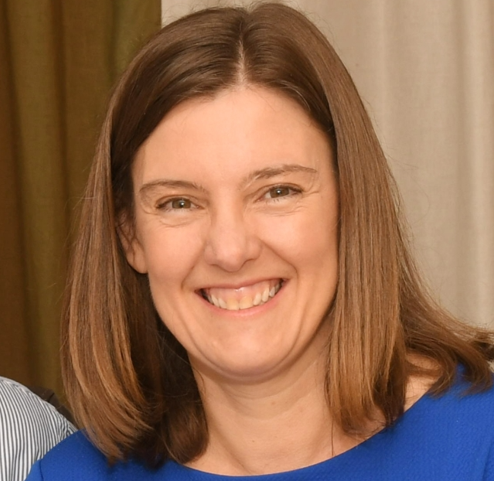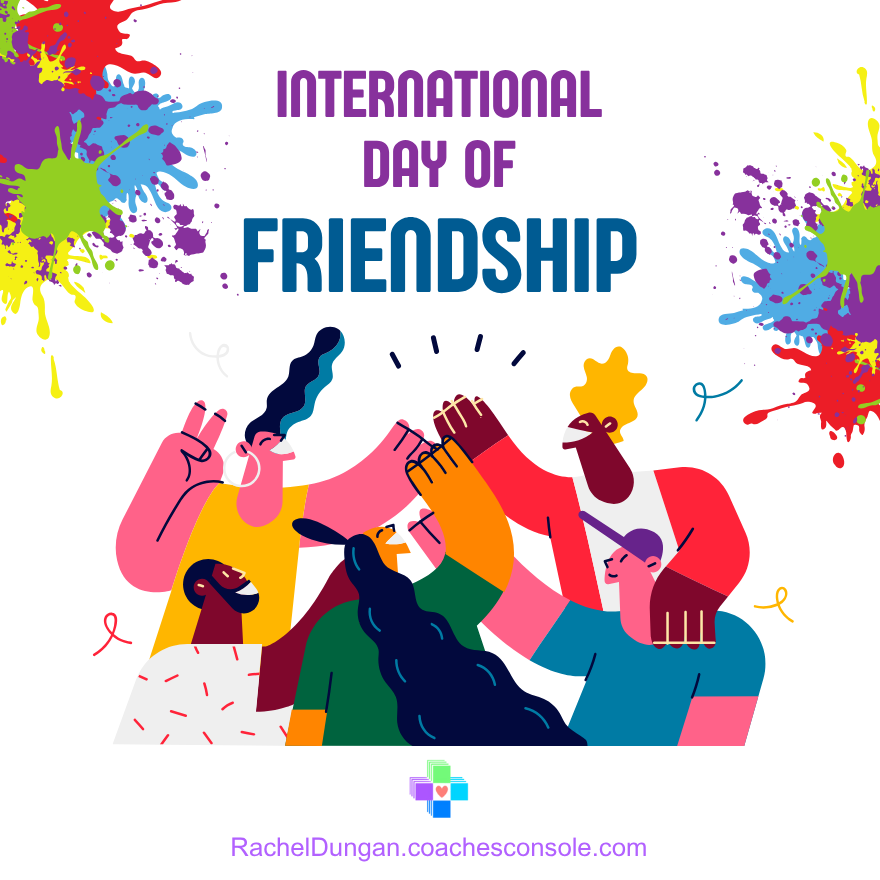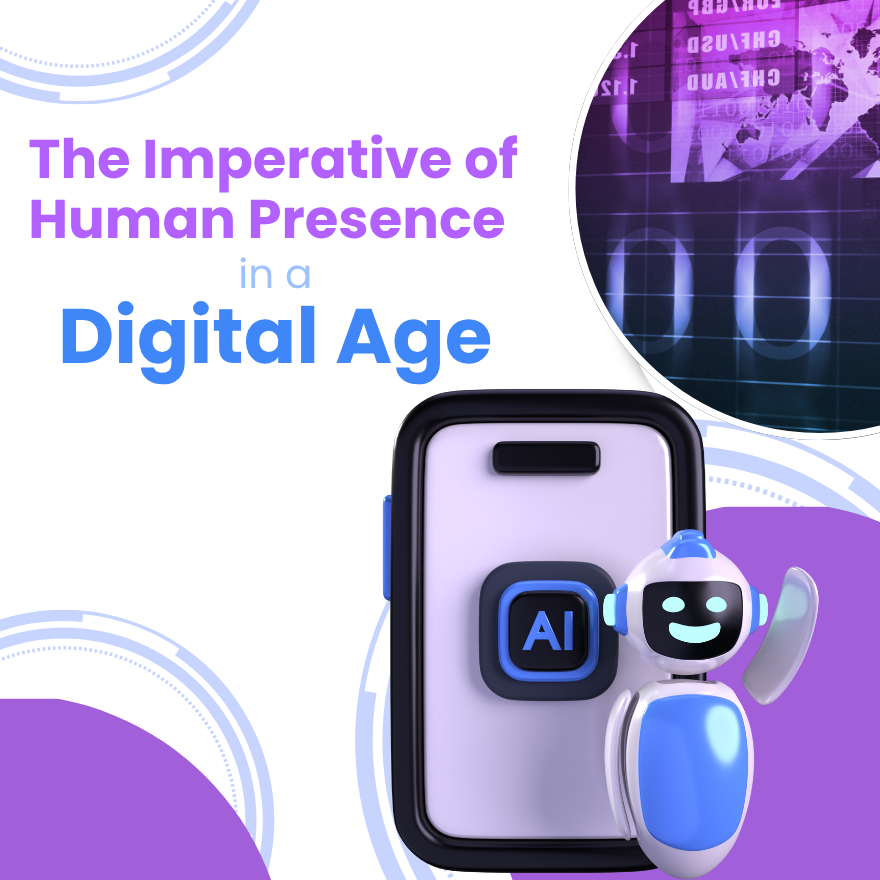Personal Note from Rachel

Welcome to July’s edition of The Value of Positive Practice.
This month, I invite you into a story.
A few weeks ago, I met with a pharmacist leader just after a particularly difficult strategy meeting with her accountant. Outwardly, she appeared composed, but her shoulders told a different story. Rigid. Strained. As she sat down, I could sense the unspoken weight she carried: a team looking to her for stability, rising operational and financial demands, and the silent burden of never feeling like she was doing enough.
I was tempted to jump in with a practical question to move us forward. But something held me back.
Instead, I held the space. I stayed quiet, softened my posture, and let the room breathe.
Seconds passed.
She exhaled deeply and said, “I don’t actually know what I need right now.”
That raw, honest moment became the gateway to something deeper. We didn’t rush to a solution. We didn’t tidy away the discomfort. We stayed with the “not knowing”. And that was enough.
This is what it means to maintain presence.
Maintains Presence – ICF Core Competency of the Month
This month’s Coaching Core Competency invites us to cultivate a grounded, flexible awareness, attuned to what is unfolding not only in the conversation, but in the quiet spaces between. It reminds us that real connection doesn’t lead with expertise. It leads with presence. The kind that notices a clenched jaw. That resists the urge to fill the silence. That listens not just for content, but for courage.
Presence is not passive, nor is it performative. It is the quiet strength to remain open and anchored, especially in times of uncertainty. It is the willingness to listen not for answers, but for what is asking to be heard.
It is the ability to remain with what is, even when it’s uncomfortable or unclear. To hold a mirror gently, without judgment. And to offer full attention not just to what’s said, but to the courage it takes to say it.
What Maintaining Presence Looks Like in Practice
Maintaining presence is more than “being there.” It is an active discipline of attention, compassion, and trust. Each element below asks us to slow down, tune in, and choose presence over performance:
Remaining observant and responsive, not just reactive.
Presence begins with noticing. What is your client or colleague really communicating through their posture, tone, or rhythm? A long pause. A shift in eye contact. A subtle sigh. These are not just behaviours—they are invitations to respond with care rather than assumption. In high-pressure environments, this attunement can shift conversations from transactional to transformational.
Demonstrating genuine curiosity, especially in uncertainty.
True curiosity is not strategic. It’s not a tactic. It’s an open-hearted attitude, especially when things don’t go as planned. When a team member voices hesitation, when a patient reacts unexpectedly, or a coaching session veers off course, presence asks: Can I remain curious, rather than rush to control? Curiosity builds trust, and trust builds possibility.
Staying emotionally regulated so others feel safe to express themselves.
When emotions run high, the instinct may be to shut them down or move on quickly. But presence says, stay here. Not to fix, but to steady. Emotional regulation is not suppression; it’s creating psychological safety so others can be real, knowing they won’t be judged or rushed.
Holding silence as a container, not a void.
Silence often brings discomfort, but it also brings truth. When we rush to fill the space, we risk interrupting insight. Trusting silence allows feelings to settle and clarity to rise. It’s not passive waiting—it’s intentional holding. In both coaching and pharmacy, that pause is often where the most powerful shifts occur.
Showing up with confidence, even when the next step is unclear.
Presence isn’t about having a script; it’s about having the courage to stay. To sit with someone’s pain without needing to fix it. To lead a conversation where there’s no clear answer yet. Confidence here is not certainty—it’s trust in the process, and in your capacity to navigate it with integrity.
Where Might Presence Show Up in Healthcare Consultations?
In a busy consultation room, presence can be the difference between a patient feeling heard and a patient feeling hurried. When a pharmacist or clinician pauses to make eye contact, softens their tone, or acknowledges the emotion behind a question, it builds trust. Presence allows us to listen beyond the prescription or symptom, to the story the patient is trying to tell. Whether it’s a mother sharing her concerns, or an older person struggling to describe a vague unease, presence helps us notice what might otherwise be missed—and respond not just clinically, but compassionately.
Where Might Presence Show Up in Business Leadership?
In business leadership, presence is the antidote to reactive busyness. It shows up in how a leader holds space in a team meeting—listening deeply instead of multitasking, asking reflective questions instead of rushing to solutions. When a leader is fully present, they create a ripple effect of trust and focus. It gives their team permission to bring challenges, not just updates. Especially during times of change or pressure, a leader’s presence can calm the system, invite shared ownership, and model what it means to lead from the inside out.
Where Might Presence Show Up for 1:1 and Team LeaderCoaches?
For LeaderCoaches working 1:1 or with teams, presence is your most powerful tool—and often, your greatest gift. It’s what allows you to notice what’s not being said, to name the tension in the room with care, or to hold space when a breakthrough is just beneath the surface. In a 1:1 conversation, presence creates the psychological safety for someone to think out loud, wrestle with uncertainty, or hear their own wisdom. In team settings, presence helps you track the energy of the system—who’s holding back, who’s dominating, what’s not being addressed. It’s what enables you to shift from facilitation to transformation. The more present you are, the more the system feels seen, and the more courage it has to evolve.
Presence and the Power of Friendship – International Day of Friendship, 30 July

The International Day of Friendship reminds us that presence is not just a professional practice—it’s a profoundly human one. At its heart, friendship is built on mutual presence: being there, truly there, for one another. Not to fix or perform, but to witness, to listen, and to stay. In a world that prizes speed and productivity, this kind of attentive companionship is radical. Whether it’s between colleagues, peers, clients, or loved ones, friendship thrives when we meet each other with empathy and space. This July, may we honour friendship by showing up not just with words, but with presence. A hand rested on the table. A pause held with care. A question asked with no rush for an answer. These quiet moments of presence are the soil in which deep connection grows.
The Imperative of Human Presence in a Digital Age

In an age of smartphones, social media, and generative AI, we’re surrounded by tools that simulate connection. And yet, human loneliness is rising. Why? Because real presence can’t be downloaded or automated. It must be felt. Humans are social, relational beings—not robots. In a world fuelled by the attention economy, our presence is constantly pulled in a thousand directions. That’s why cultivating human presence—intentional, embodied, relational presence—is not a luxury; it’s a leadership imperative. If we don’t practise presence, we risk losing the very thing that makes coaching, healthcare, leadership, and life… human.
Reflective Prompts
📌 When was the last time you allowed silence to do the work?
📌 What emotions in others are hardest for you to stay present with?
📌 What changes when you stop trying to know—and start listening instead?
📌 Where might you be “connected” but not really present?
🛠️ Professional Development Opportunities
In a world of noise and pressure, these offerings are not just about skills or credentials. They are invitations to pause. To reconnect with what matters. To strengthen your presence, so you nurture your capacity to lead, coach, and serve with clarity, confidence, and care.
Whether you’re leading a business or team, mentoring new professionals, or preparing for review, our programmes offer the reflective space to grow and sustain your impact from the inside out:
-
🧭 Book a 90-Minute Strategy Session Reconnect with clarity so you can respond, not just react, in the moments that matter most.
-
🤝 Enquire about 1:1 Coaching for Healthcare and Business Leaders Deepen your leadership presence and create space for you and your team to thrive, especially when the path ahead isn’t clear.
-
📋 Independent Pharmacy Assessment System Reviews for Irish Pharmacies Create space to step back, gain perspective, and respond to your business with clear-headed insight and fresh energy.
-
🎓Lead With Coaching Certificate & Diploma for Leaders and their Teams Build coaching capacity across your organisation, starting with your own ability to stay grounded, listen fully, and hold space with purpose. Autumn 2025 and Spring 2026 cohorts are now enrolling.
- 📝 CPD Mentoring for Pharmacists – Did you, like me, receive an email this week from the PSI, informing you that you have been selected to submit your CPD ePortfolio for review this year. If so, step out of overwhelm and into presence, with structured support to reflect, review, and complete your professional development with purpose.
-
🎯 ICF Mentor Coaching for Coaches – For coaches pursuing or renewing an ICF credential at ACC, PCC or MCC level, this is a space to refine your presence, deepen your alignment with ICF competencies, and prepare with confidence.
-
🪞 Reflective Practice Super-Vision for 1:1 and Team Coaches – A spacious, non-judgemental environment to be present to yourself, your patterns, and your practice—so you can hold even deeper presence for your clients, teams, and systems.
Final Reflection
Presence is not passive. It is the active, intentional choice to meet someone—your client, your patient, your colleague, your team, yourself—in the moment. Not with judgment or agenda, but with respect, curiosity, and courage.
In a noisy world, presence is a rare and transformative gift. Let’s practise giving it more freely.
Next month, we’ll explore the ICF Core Competency Listens Actively—a natural next step from presence to deeper understanding.
Until then, stay grounded, stay open, and stay kind.
Warmest wishes,
Rachel
The Pharmacist Coach
Also, not sure what kind of support would help most right now? Email me at rachel@racheldungan.com, and we’ll figure it out together.
|